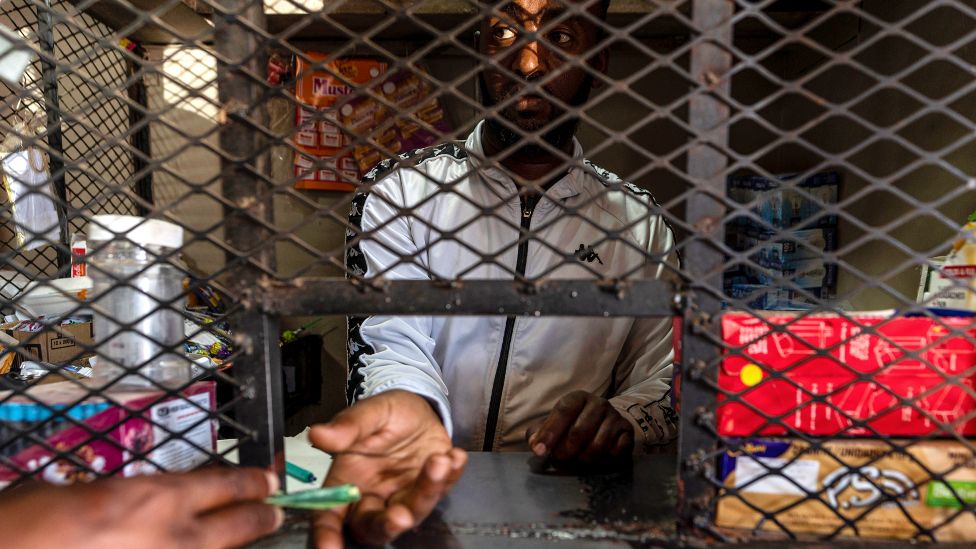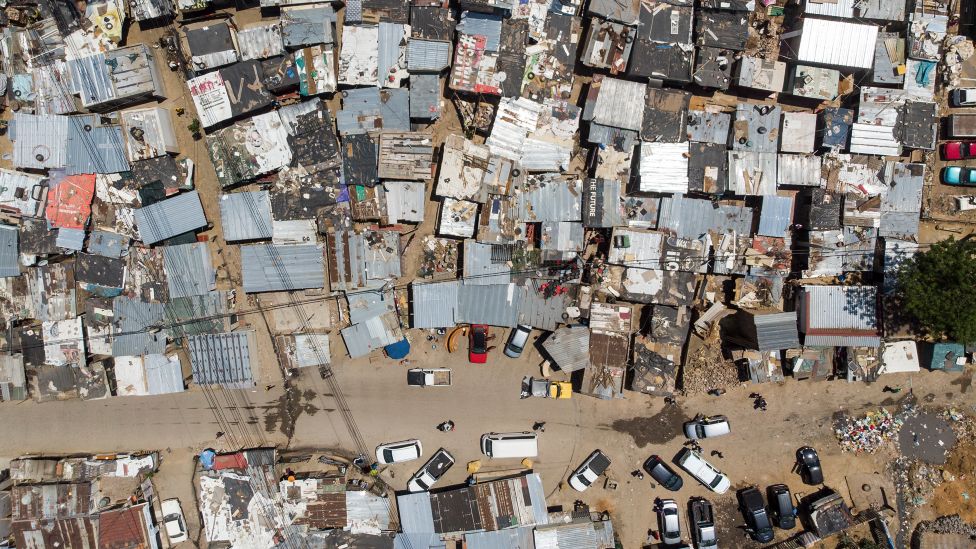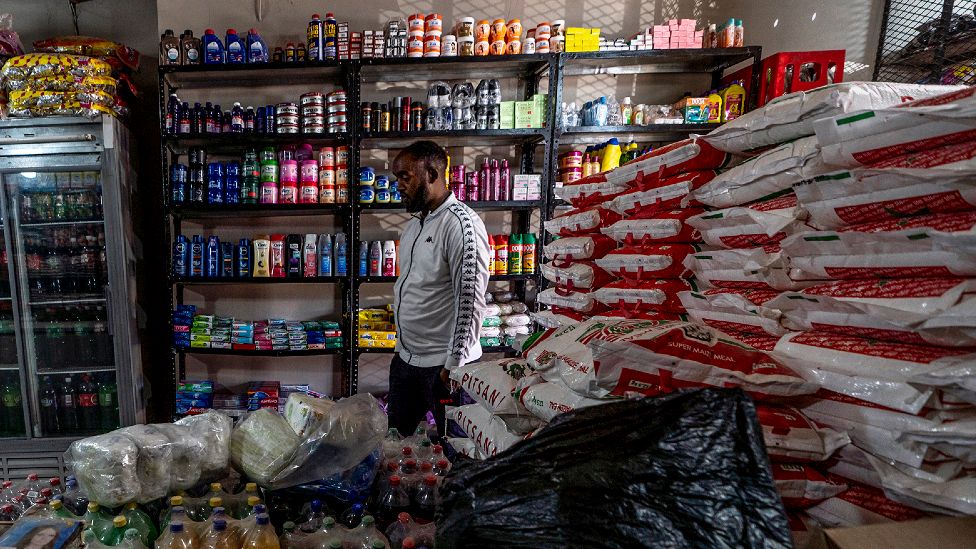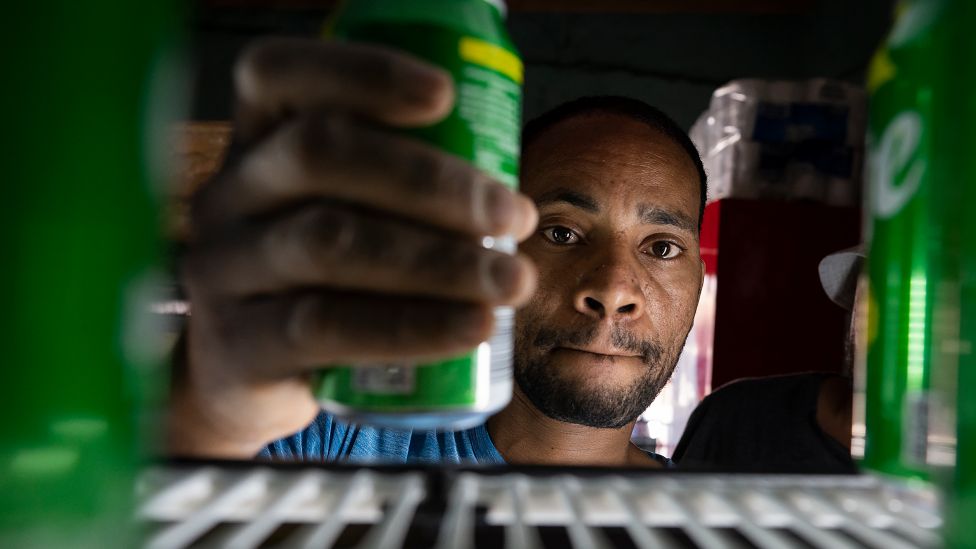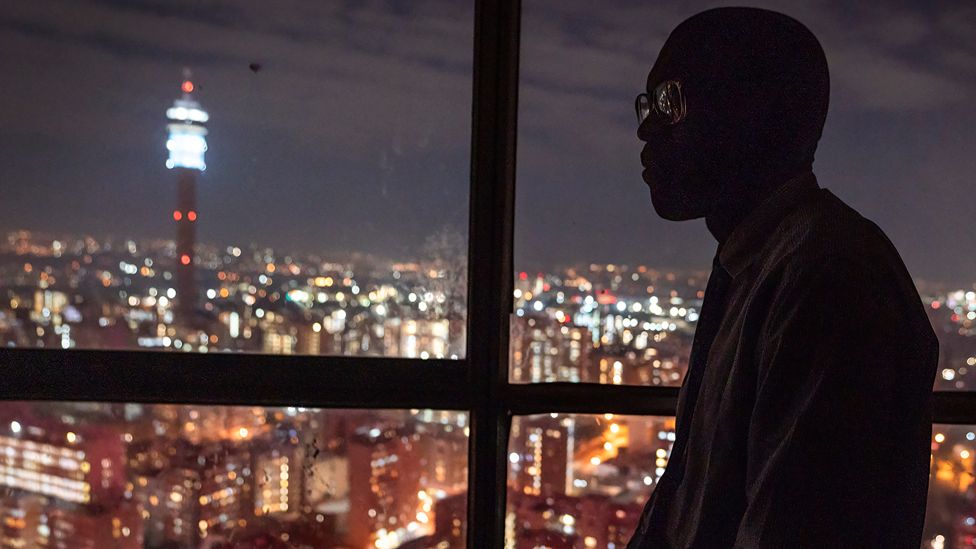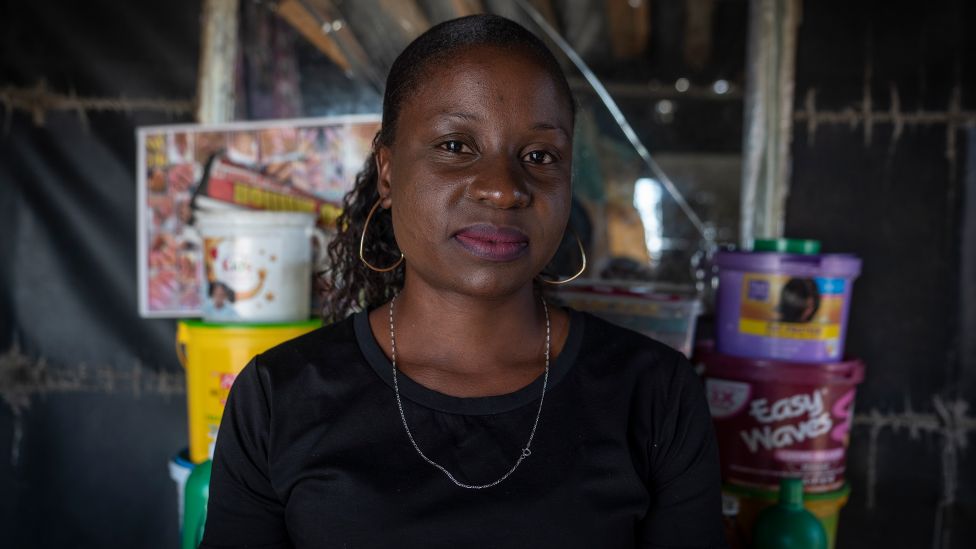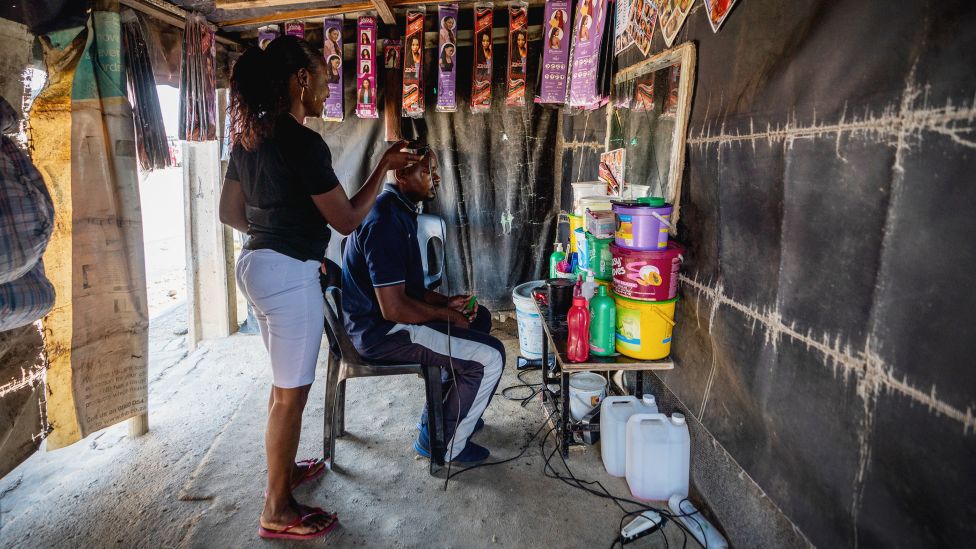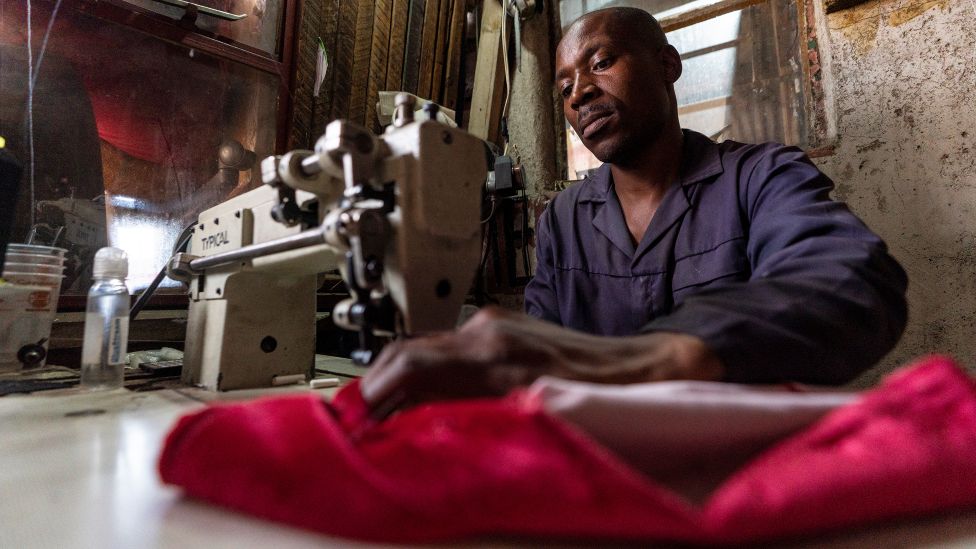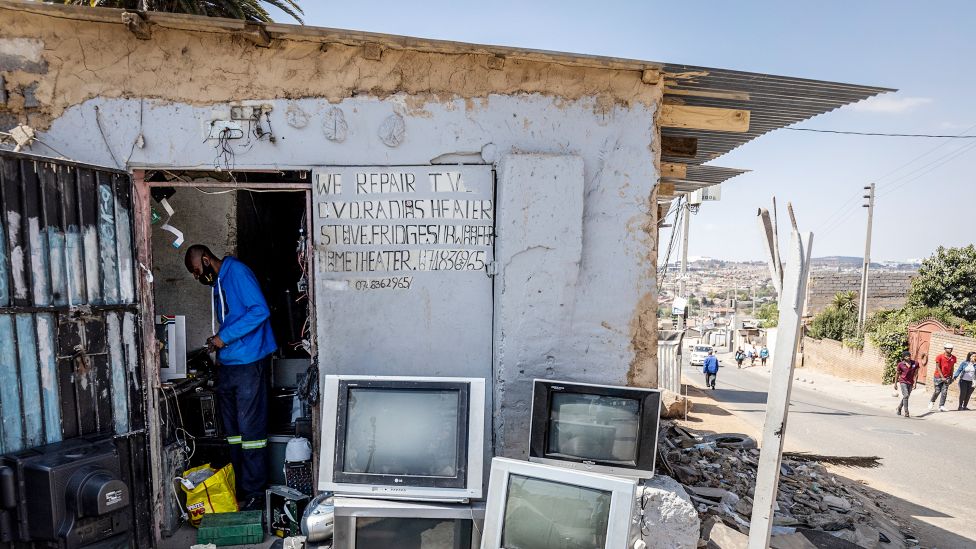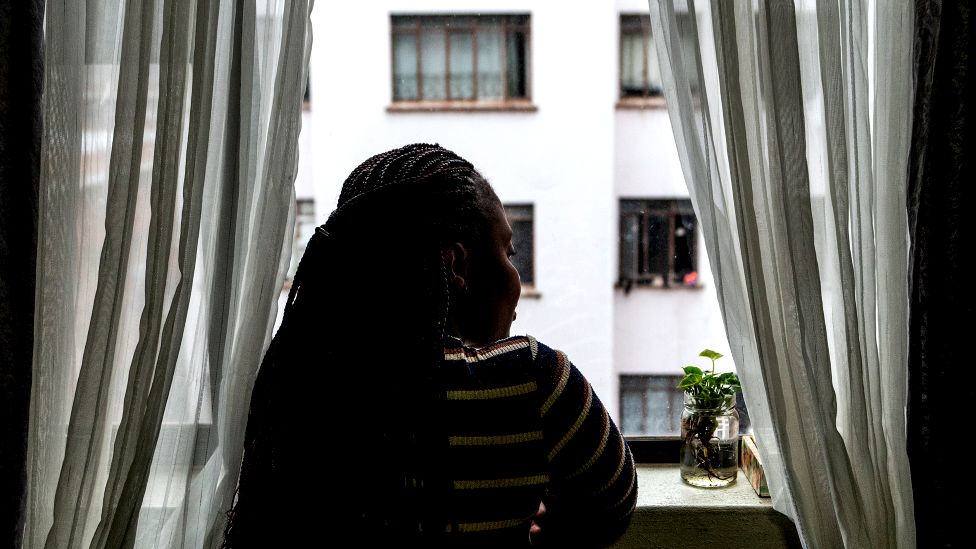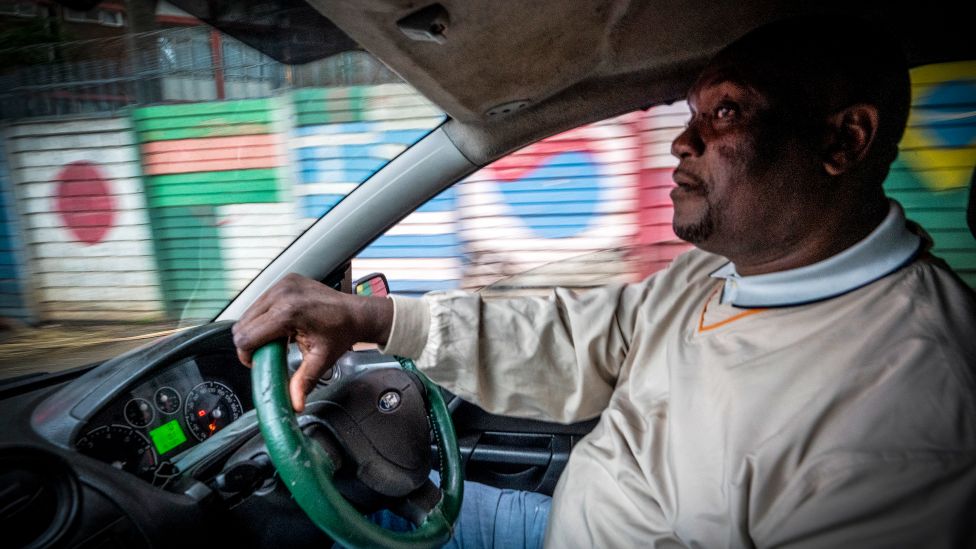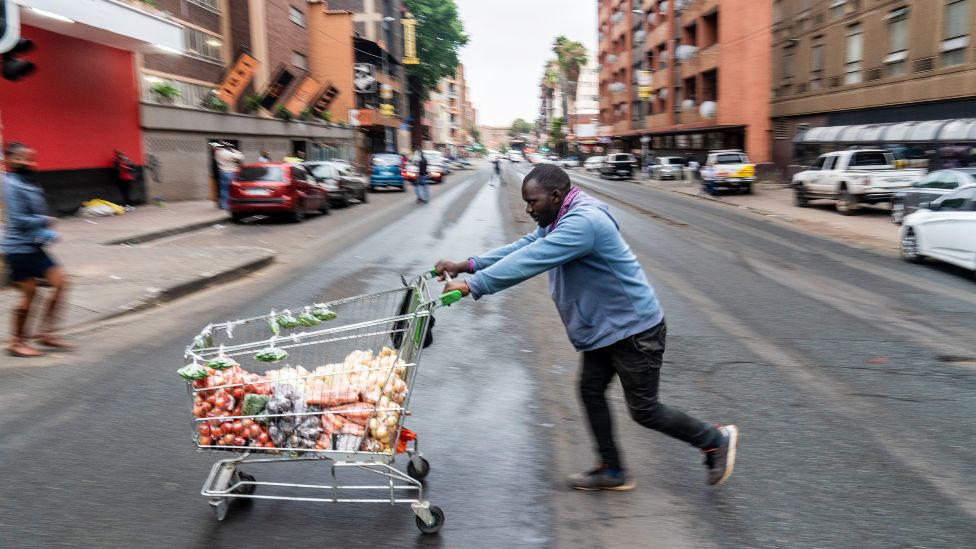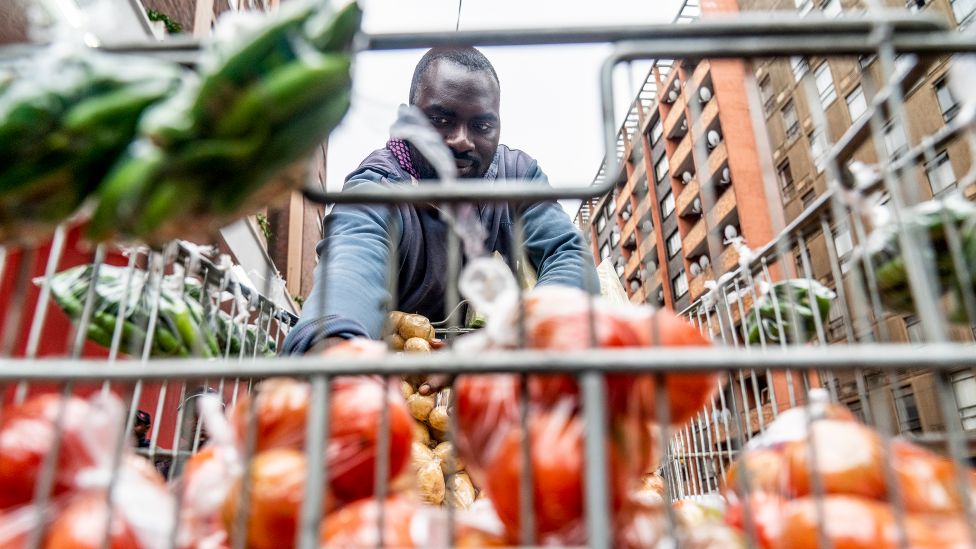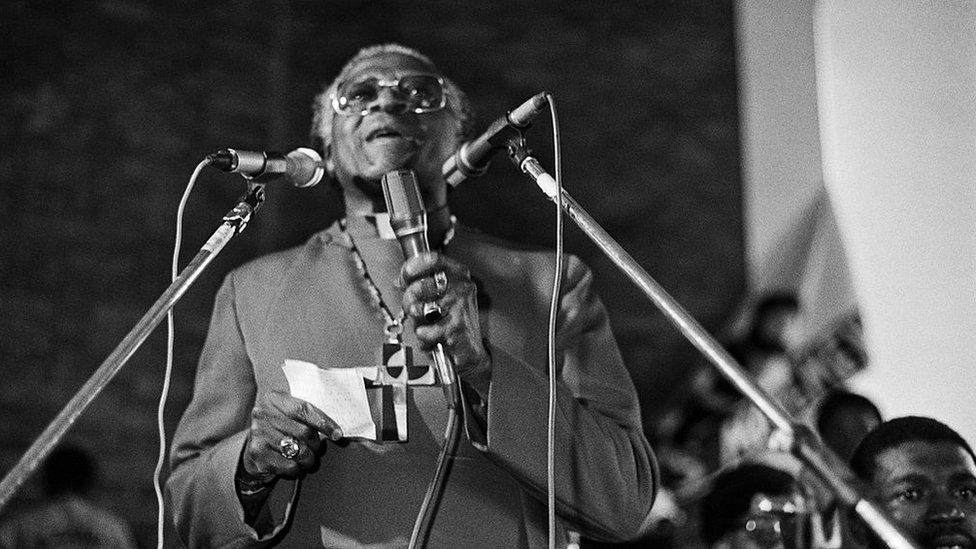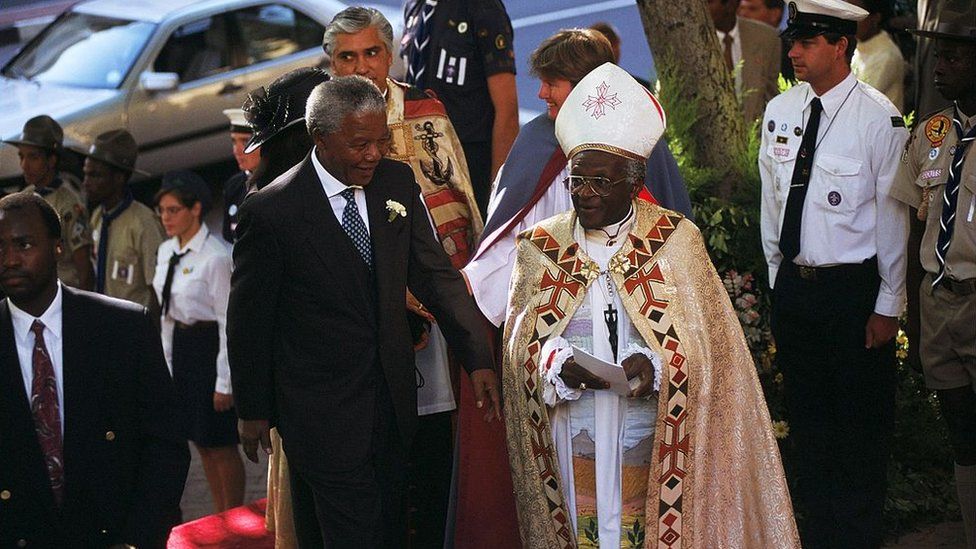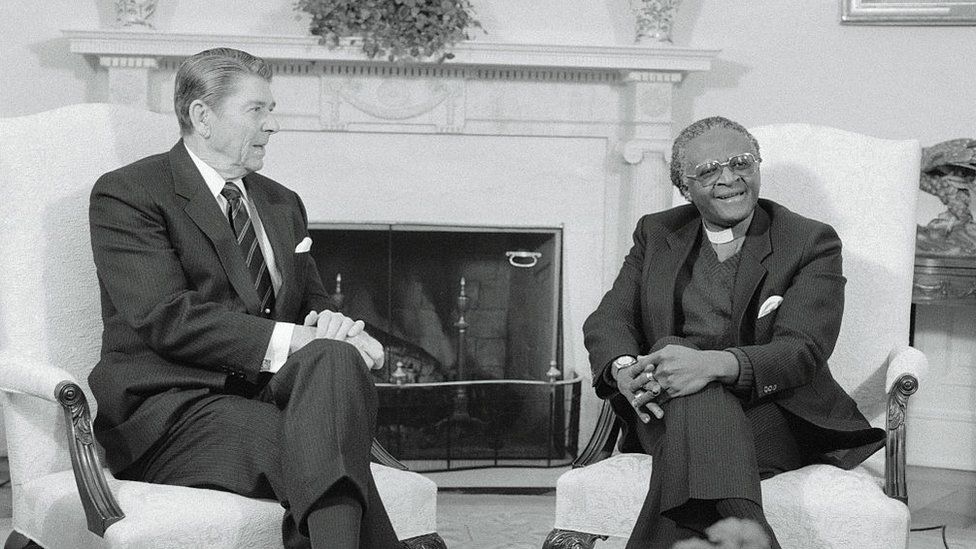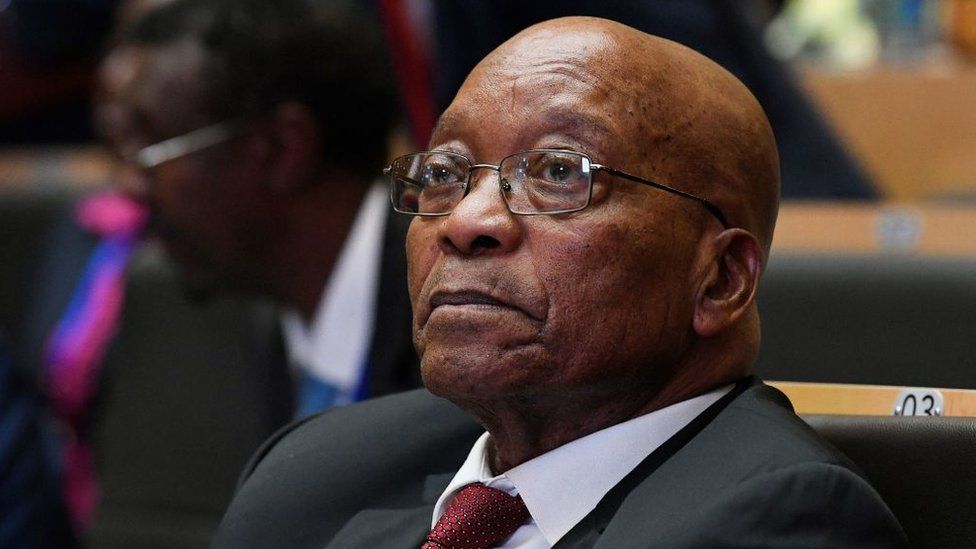Luanda – Angolan health authorities announced a Covid-19 mass screening campaign as of Monday (December 27) in Luanda.
To achieve this goal, the health ministry announced plans for 10,000 tests to be conducted in two days.
The objective is to determine the behaviour of the illness.
For Tuesday, the campaign is supposed to cover places with high density population, such as informal markets based in Luanda province.
Angola’s health minister, Sílvia Lutucuta, said her institution will collect data on the level of contagion of the disease.
The process covers both asymptomatic and those who have already been vaccinated but tested positive, among other results.
The minister added that the strategy is to reduce the transmission chain of the sickness.
The government adopted the new measure to reduce the work force to halt the spread of covid-19 pandemic.



